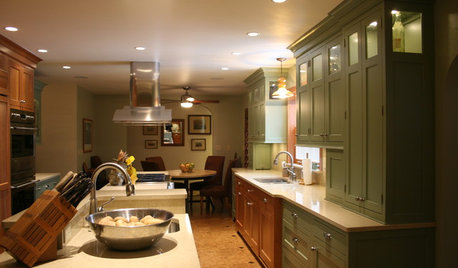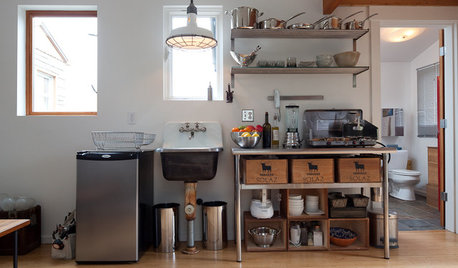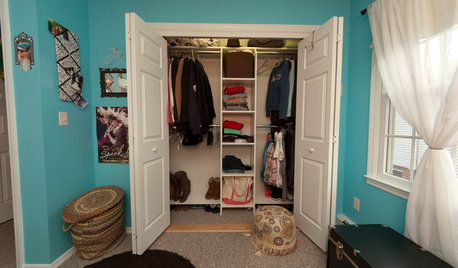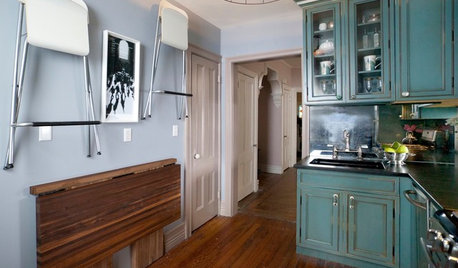Advice for staying on the good side of our GC and not getting screwed.
aliceblois
8 years ago
Featured Answer
Sort by:Oldest
Comments (17)
aliceblois
8 years agoRelated Professionals
Amherst Kitchen & Bathroom Designers · Grafton Kitchen & Bathroom Designers · Williamstown Kitchen & Bathroom Designers · Crestline Kitchen & Bathroom Remodelers · Gardner Kitchen & Bathroom Remodelers · Lyons Kitchen & Bathroom Remodelers · Overland Park Kitchen & Bathroom Remodelers · Pueblo Kitchen & Bathroom Remodelers · Cumberland General Contractors · DeKalb General Contractors · Elmont General Contractors · Fairview General Contractors · Gary General Contractors · Langley Park General Contractors · Rolla General ContractorsJoseph Corlett, LLC
8 years agolast modified: 8 years agoaliceblois
8 years agoweedyacres
8 years agoJoseph Corlett, LLC
8 years agolast modified: 8 years agoUser
8 years agoMongoCT
8 years agoMongoCT
8 years agoblfenton
8 years agoaprilneverends
8 years agolast modified: 8 years ago
Related Stories

GARDENING AND LANDSCAPING4 Good Ways to Get Rid of Mosquitos in Your Yard
Stay safe from West Nile virus and put an end to irksome itches with these tools and methods for a porch, patio or yard
Full Story
HEALTHY HOMEHow to Childproof Your Home: Expert Advice
Safety strategies, Part 1: Get the lowdown from the pros on which areas of the home need locks, lids, gates and more
Full Story
DIY PROJECTSThe Taming of the Screw
Learn the different types and uses of screws to pick the right kind for your next DIY or home improvement project
Full Story
BATHROOM DESIGNDreaming of a Spa Tub at Home? Read This Pro Advice First
Before you float away on visions of jets and bubbles and the steamiest water around, consider these very real spa tub issues
Full Story
REMODELING GUIDESContractor Tips: Advice for Laundry Room Design
Thinking ahead when installing or moving a washer and dryer can prevent frustration and damage down the road
Full Story
KITCHEN STORAGEKnife Shopping and Storage: Advice From a Kitchen Pro
Get your kitchen holiday ready by choosing the right knives and storing them safely and efficiently
Full Story
KITCHEN DESIGNSmart Investments in Kitchen Cabinetry — a Realtor's Advice
Get expert info on what cabinet features are worth the money, for both you and potential buyers of your home
Full Story
REMODELING GUIDESShould You Stay or Should You Go for a Remodel? 10 Points to Ponder
Consider these renovation realities to help you decide whether to budget for temporary housing
Full Story
ORGANIZING7 Habits to Help a Tidy Closet Stay That Way
Cut the closet clutter for a lifetime — and save money too — by learning how to bring home only clothes you love and need
Full Story
SMALL SPACES25 Ways to Stay Sane in a Small House
Get more storage, better light and a feeling of spaciousness with these savvy — and sometimes surprising — strategies
Full StoryMore Discussions










User